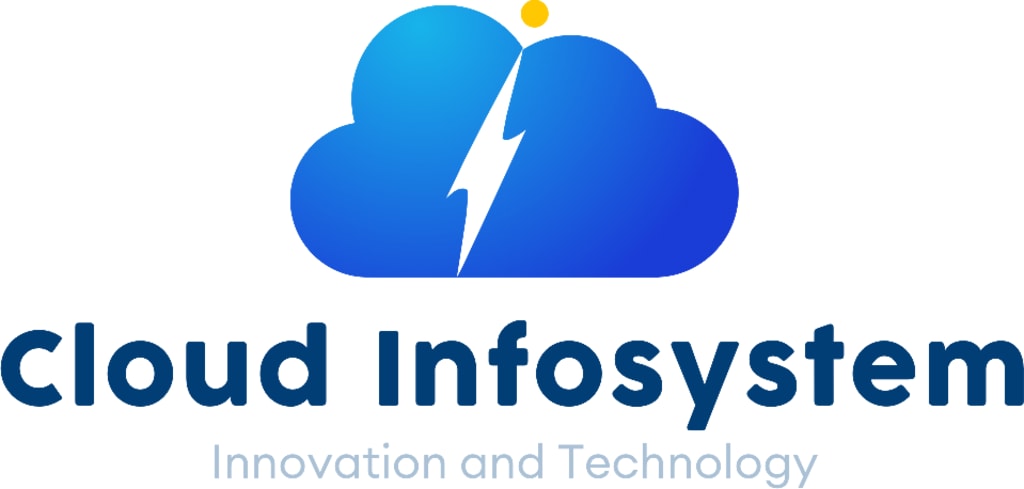Decoding the Key Factors in SaaS Integration Solutions for Business Process Automation.
SaaS Services

Introduction:
In today's fast-paced business environment, organizations are increasingly turning to Software-as-a-Service (SaaS) integration solutions to automate their business processes. These solutions provide a range of benefits, such as enhanced efficiency, improved scalability, and cost-effectiveness. However, choosing the right SaaS integration solution requires careful evaluation of several key factors. In this article, we will explore the essential considerations to make when evaluating SaaS integration solutions for automating business processes.
Integration Capabilities:
The first factor to consider is the integration capabilities of the SaaS solution. It is crucial to assess whether the solution can seamlessly integrate with your existing systems, applications, and databases. Compatibility with popular software platforms and APIs ensures smooth data flow and avoids potential disruptions in business operations.
Scalability and Flexibility:
An ideal SaaS integration solution should be scalable and flexible enough to accommodate your organization's growing needs. It should be able to handle increasing data volumes, user loads, and evolving business requirements without compromising performance. Scalability ensures that the solution can support your organization's growth and adapt to changing market conditions.
Security and Compliance:
Data security is a paramount concern when integrating SaaS solutions into business processes. Ensure that the SaaS integration provider adheres to robust security standards, such as encryption, access controls, and data protection protocols. Additionally, verify if the solution complies with industry-specific regulations and standards, such as GDPR or HIPAA, to mitigate any compliance risks.
Customization and Configuration:
Every organization has unique business processes and requirements. The ability to customize and configure the SaaS integration solution is essential to align it with your specific needs. Look for solutions that offer a high degree of flexibility in terms of workflow customization, data mapping, and process automation, enabling you to tailor the solution to fit your business processes seamlessly.
Reliability and Performance:
To ensure uninterrupted business operations, it is crucial to evaluate the reliability and performance of the SaaS integration solution. Look for solutions with high uptime guarantees, robust disaster recovery mechanisms, and efficient monitoring and alerting systems. Additionally, consider the solution's performance metrics, such as response time, throughput, and scalability, to ensure it can handle the anticipated workload.
Vendor Support and Expertise:
Choosing a reputable SaaS integration provider is vital for long-term success. Evaluate the vendor's track record, customer reviews, and their expertise in the domain. A reliable vendor should offer comprehensive support, including documentation, training resources, and responsive customer service. Assess their commitment to ongoing product updates and enhancements to ensure continued compatibility and functionality.
Total Cost of Ownership (TCO):
While SaaS integration solutions offer cost advantages over traditional on-premises systems, it is essential to evaluate the total cost of ownership. Consider not only the initial implementation costs but also factors like subscription fees, maintenance charges, and potential customization expenses. A comprehensive TCO analysis helps determine the financial feasibility and long-term sustainability of the chosen solution.
Conclusion:
Evaluating SaaS integration solutions for automating business processes is a critical undertaking. By considering the key factors discussed above, organizations can make informed decisions and select a solution that aligns with their unique requirements. The integration capabilities, scalability, security, customization options, reliability, vendor support, and TCO are all crucial elements to assess during the evaluation process.
Successful integration of SaaS solutions enables organizations to streamline their business processes, enhance efficiency, and drive growth. It empowers businesses to leverage the benefits of automation while remaining agile and adaptable in a dynamic market. Careful evaluation and selection of the right SaaS integration solution lay the foundation for digital transformation and competitive advantage.
Remember, each organization's needs may vary, so it is important to prioritize the factors that align with your specific requirements. By conducting thorough research, engaging with vendors, and seeking input from key stakeholders, you can make an informed decision that propels your organization towards optimized business processes and sustainable growth.
For Free Business Automation Consultation:
Call Us Today at: +91 98152 01602
Visit: Zoho CRM Help|Salesforce CRM|CRM customization Service
Mail To: [email protected]





Comments
There are no comments for this story
Be the first to respond and start the conversation.